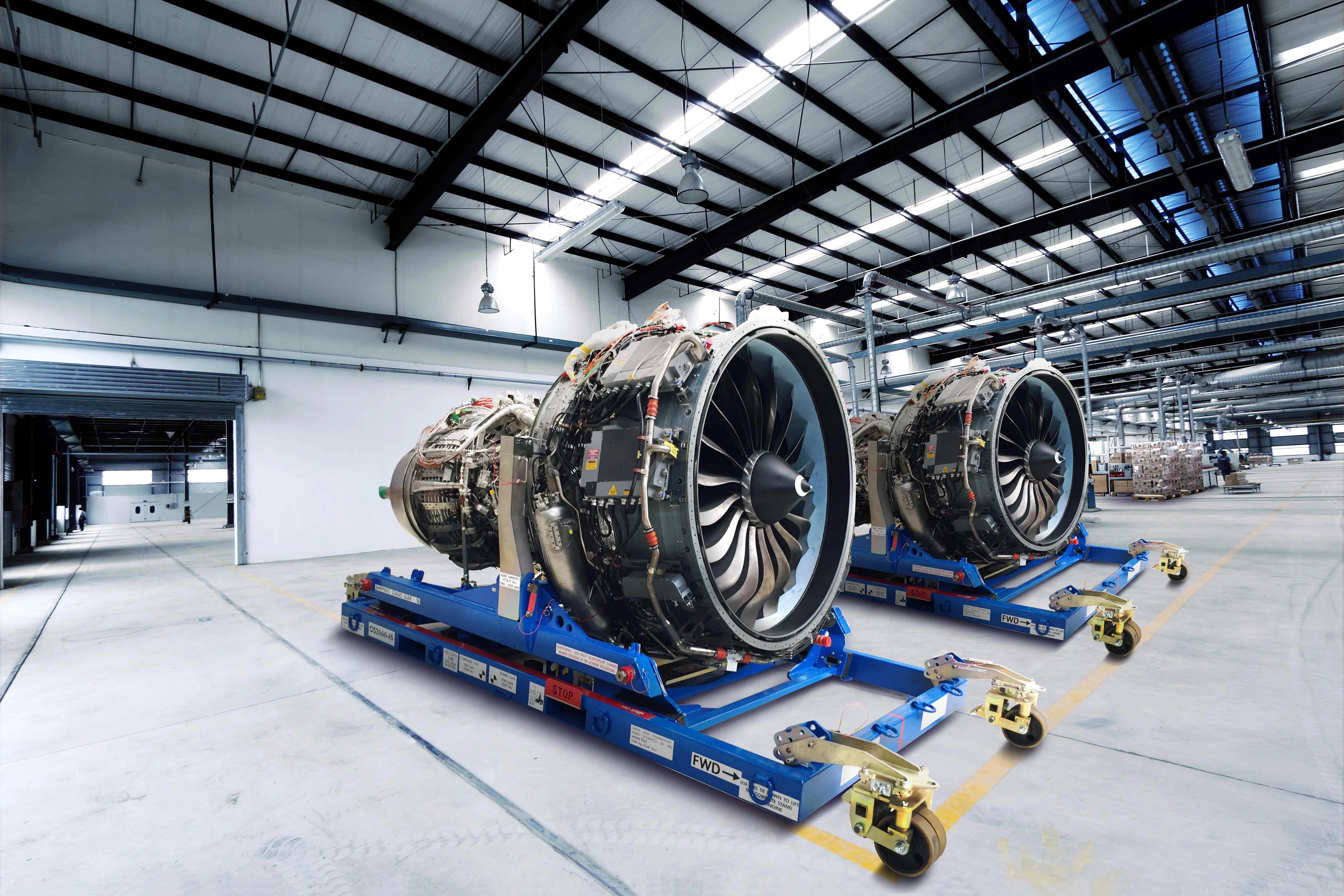AS9100 Compliance and Insurance Requirements: A Comprehensive Guide for Aerospace Manufacturers
Introduction: Navigating the Complex World of Aerospace Manufacturing Compliance
In the high-stakes aerospace industry, compliance isn't just a checkbox—it's a critical foundation for operational excellence, safety, and business sustainability. AS9100 certification represents the gold standard for quality management systems in aerospace manufacturing, and understanding its intricacies is paramount for success.
Understanding AS9100: More Than Just a Certification
What is AS9100?
AS9100 is a rigorous quality management system standard specifically designed for the aerospace industry. Developed by the International Aerospace Quality Group (IAQG), this standard builds upon the ISO 9001 framework and adds aerospace-specific requirements that address the industry's unique challenges and stringent quality demands.
Key Differences from ISO 9001
- Enhanced focus on product safety and reliability
- Stricter requirements for configuration management
- More comprehensive risk management protocols
- Deeper emphasis on counterfeit parts prevention
- More rigorous documentation and traceability requirements
The Insurance Landscape for Aerospace Manufacturers
Why Specialized Insurance is Critical
Aerospace manufacturing involves complex risks that standard business insurance policies cannot adequately cover. The potential for catastrophic failures, high-value equipment, and intricate supply chains necessitate specialized insurance solutions.
Essential Insurance Coverage Types
-
Professional Indemnity Insurance
Protects against claims arising from professional errors, design flaws, or consulting services. Crucial for manufacturers involved in design, engineering, and consulting.
-
Product Liability Insurance
Covers legal expenses and damages if a manufactured component causes injury or damage. Absolutely critical in an industry where product failures can have life-threatening consequences.
-
Cyber Insurance
Addresses risks related to data breaches, intellectual property theft, and digital system vulnerabilities. Increasingly important as aerospace manufacturing becomes more digitally integrated.
-
Business Interruption Insurance
Provides financial protection against production halts due to equipment failure, supply chain disruptions, or compliance-related shutdowns.
-
Commercial Combined Insurance
Offers comprehensive protection covering property damage, equipment breakdown, and general liability specific to aerospace manufacturing environments.
Compliance and Insurance: A Symbiotic Relationship
AS9100 certification and comprehensive insurance coverage are deeply interconnected. Insurers often view AS9100 certification as a positive risk management indicator, potentially leading to more favorable insurance terms and premiums.
How AS9100 Impacts Insurance Considerations
- Risk Mitigation: Demonstrates a proactive approach to quality and safety management
- Reduced Liability: Systematic risk management reduces potential insurance claims
- Competitive Advantage: Certification can lower perceived risk for insurers
Navigating the Certification Process
Steps to AS9100 Certification
- Develop a comprehensive quality management system
- Implement robust documentation processes
- Conduct internal audits
- Engage a certified auditor for external assessment
- Address and resolve any non-conformities
- Maintain ongoing compliance through regular surveillance audits
Cost Considerations: Certification and Insurance
While AS9100 certification and comprehensive insurance represent significant investments, they are crucial risk management strategies. Manufacturers should view these as essential business protections rather than expenses.
Potential Cost Factors
- Certification audit fees
- Internal system development costs
- Training and implementation expenses
- Insurance premiums based on risk profile
- Ongoing maintenance and recertification
Common Pitfalls and How to Avoid Them
Certification and Insurance Mistakes to Prevent
- Treating certification as a one-time event instead of an ongoing process
- Underestimating the complexity of compliance requirements
- Failing to integrate quality management across all organizational levels
- Choosing insurance without aerospace-specific expertise
- Neglecting regular risk assessments and policy reviews
Future Trends: Evolving Standards and Insurance Landscapes
The aerospace industry continues to evolve, with emerging technologies like additive manufacturing, autonomous systems, and advanced materials driving changes in both compliance standards and insurance requirements.
Emerging Considerations
- Increased focus on cybersecurity
- More granular risk assessment methodologies
- Integration of AI and machine learning in risk management
- Growing importance of supply chain resilience
Conclusion: A Holistic Approach to Aerospace Manufacturing Success
AS9100 compliance and comprehensive insurance are not mere regulatory requirements—they are strategic investments in your aerospace manufacturing business's long-term success, reputation, and resilience.
Frequently Asked Questions
- How often do I need to renew AS9100 certification?
- Typically, initial certification is valid for three years, with annual surveillance audits.
- Can small aerospace manufacturers afford these requirements?
- Many insurers and certification bodies offer scalable solutions tailored to smaller organizations.
- What happens if we fail to maintain compliance?
- Non-compliance can result in certification withdrawal, potential legal issues, and increased insurance risks.


 0330 127 2333
0330 127 2333
